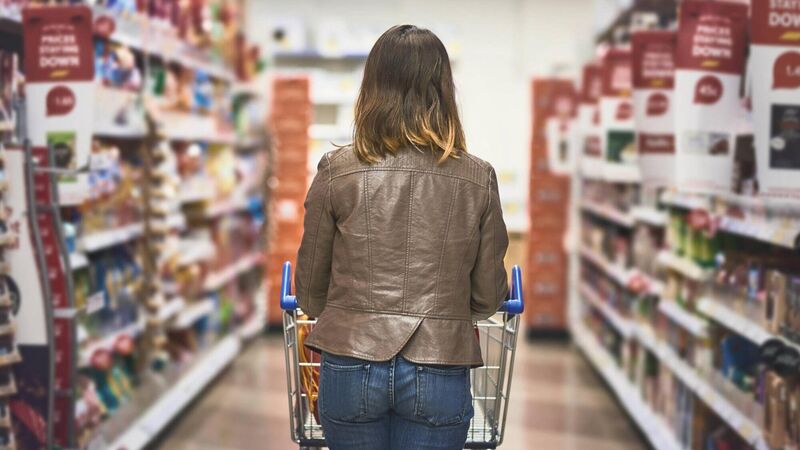Lowest-income households 'hardest hit' by indirect taxes

The Parliamentary Budget Office said about 16% of all tax receipts in the State in 2023, some €13.4bn, came from households paying indirect taxes.
The lowest-income households in Ireland are spending almost one-third of their income on indirect taxes, while the wealthiest households spend less than 8% on the same taxes.
New analysis from the Oireachtas’ independent Parliamentary Budget Office said those in low-income rural households face a “disproportionately large” spend of their income to pay indirect taxes.













